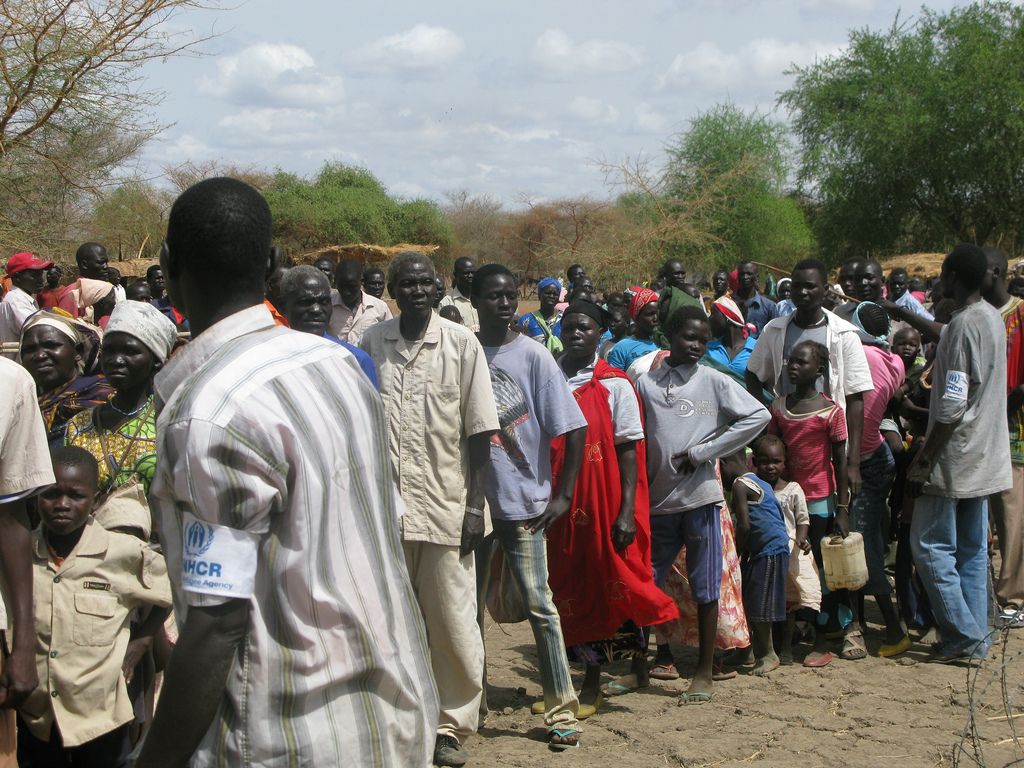The foreign minister, Kristian Jensen, has set aside 80 million kroner in humanitarian aid to help the ongoing crisis in the African countries of Sudan and South Sudan.
Denmark’s aid increase aims to help alleviate a humanitarian crisis that involves violence, hunger and the internal displacement of millions of people.
“The population in Sudan and South Sudan are in desperate need of help, and the 80 million kroner is specifically aimed at the vulnerable groups such as women, children, the internally displaced and refugees in neighbouring nations,” said Jensen.
“The funds will cover the acute need for food in particular. But we will also work to make the population more self sufficient via education, jobs and the building up of agriculture, fishing and local markets.”
READ MORE: Denmark unveils new South Sudan strategy
Mustn’t forget
Jensen will be in New York this week for the UN General Assembly, where he will stress the importance of not remaining idle regarding overlooked long-term crises.
Part of this focus is making refugees more self-sufficient by giving them access to food, education and a platform to create a better life for themselves and their children.
“The world’s attention is focused on Syria, and rightfully so. But there are other long-term humanitarian crises taking place that we mustn’t overlook,” said Jensen.
“The Danish government will actively work towards strengthening the partnership with the private sector in order to foster new innovative solutions to fight hunger and a lack of food in humanitarian crises.
The 80 million kroner for the crisis in Sudan and South Sudan will be distributed to the aid organisations ADRA (5.5 million kroner), Caritas (4.9 million kroner), Dansk Flygtningehjælp (32.1 million kroner), Dansk Røde Kors (16 million kroner) and Folkekirkens Nødhjælp (21.5 million kroner).















